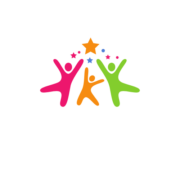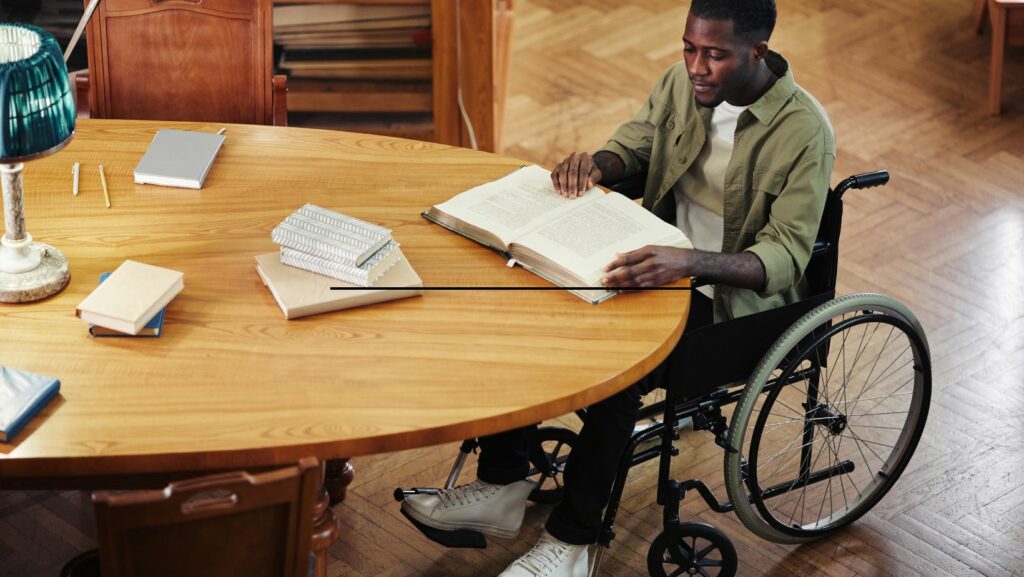Navigating the world of education can be challenging, especially for individuals with disabilities. Access to the right resources and services is crucial for fostering an inclusive learning environment. From specialized tutoring to assistive technology, a variety of options exist to support students in achieving their academic goals.
Educational institutions and organizations are increasingly prioritizing disability resources, ensuring that every learner has the opportunity to thrive. Understanding these services can empower students, parents, and educators to create tailored strategies that enhance learning experiences. By leveraging available support, individuals can break down barriers and unlock their full potential in the educational landscape.
Disability Resources And Educational Services
Disability resources and educational services play a crucial role in supporting individuals with disabilities in achieving their academic goals. Various types of assistance are available in educational settings to create an inclusive atmosphere.
-
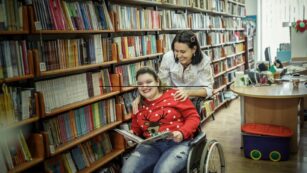 Specialized Tutoring Services: Specialized tutoring services address individual learning needs. These services often include one-on-one sessions, tailored lesson plans, and curriculum modifications designed specifically for learners with disabilities.
Specialized Tutoring Services: Specialized tutoring services address individual learning needs. These services often include one-on-one sessions, tailored lesson plans, and curriculum modifications designed specifically for learners with disabilities. -
Assistive Technology: Assistive technology includes tools that enhance learning experiences. Examples comprise speech recognition software, text-to-speech applications, and communication devices that facilitate better understanding and engagement.
-
Individualized Education Plans (IEPs): IEPs are customized plans devised for students with disabilities. These plans outline specific educational strategies, accommodations, and objectives, ensuring that students receive the necessary support to thrive.
-
Counseling and Support Groups: Counseling services provide emotional and psychological support to students and families. Support groups foster a sense of community, allowing participants to share experiences and resources, enhancing overall well-being.
Types Of Disability Resources
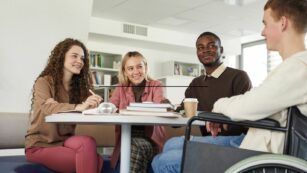 Disability resources encompass a wide array of support options designed to assist individuals with disabilities in achieving their educational goals. These resources provide critical academic and financial support for students navigating the education system.
Disability resources encompass a wide array of support options designed to assist individuals with disabilities in achieving their educational goals. These resources provide critical academic and financial support for students navigating the education system.
Academic support services include specialized tutoring, mentoring programs, and adaptive learning technologies. Specialized tutoring focuses on individual learning styles, providing personalized instruction for students with disabilities. Mentoring programs connect students with role models who offer guidance and encouragement throughout their educational journey. Adaptive learning technologies, such as text-to-speech software and screen readers, enhance access to course materials, promoting greater engagement and participation in the classroom.
Educational Services Available
Educational services available for individuals with disabilities provide essential support for academic achievement and social integration. Various programs and strategies enhance accessibility and learning experiences within educational institutions.
Special Education Programs
Special education programs offer tailored instruction to meet the unique needs of students with disabilities. These programs typically include smaller class sizes, individualized curricula, and specialized teaching approaches. Trained educators facilitate learning through modified lessons and assessments, ensuring that each student receives appropriate support. Specific programs may focus on areas such as autism spectrum disorders, learning disabilities, and emotional disturbances. The Individuals with Disabilities Education Act (IDEA) mandates services that require schools to create Individualized Education Plans (IEPs) for eligible students, outlining personalized goals and accommodations.
Inclusion Strategies In Mainstream Education
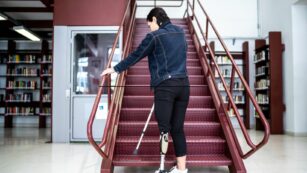 Inclusion strategies in mainstream education promote the integration of students with disabilities into general education classrooms. Collaborating with special education teachers, general educators can design inclusive curricula that accommodate diverse learning styles. Techniques such as co-teaching, peer tutoring, and differentiated instruction foster an environment where all students participate actively. Schools may also implement universal design for learning (UDL) principles, which provide multiple means of representation, engagement, and expression. The goal of inclusion strategies is to enhance social interactions and academic success among all students, creating a supportive and welcoming educational community.
Inclusion strategies in mainstream education promote the integration of students with disabilities into general education classrooms. Collaborating with special education teachers, general educators can design inclusive curricula that accommodate diverse learning styles. Techniques such as co-teaching, peer tutoring, and differentiated instruction foster an environment where all students participate actively. Schools may also implement universal design for learning (UDL) principles, which provide multiple means of representation, engagement, and expression. The goal of inclusion strategies is to enhance social interactions and academic success among all students, creating a supportive and welcoming educational community.
Benefits Of Utilizing Disability Resources
Accessing disability resources and educational services can significantly impact the lives of students with disabilities. These resources not only provide essential academic support but also foster personal growth and social integration. By utilizing specialized tutoring, assistive technologies, and tailored educational plans, students can overcome obstacles and thrive in their learning environments.
Moreover, the collaboration between families, educators, and support services creates a more inclusive atmosphere that encourages every student to reach their full potential. As educational institutions continue to prioritize these resources, the path toward equitable education becomes clearer. Embracing these opportunities empowers individuals with disabilities to navigate their educational journeys with confidence and resilience.
